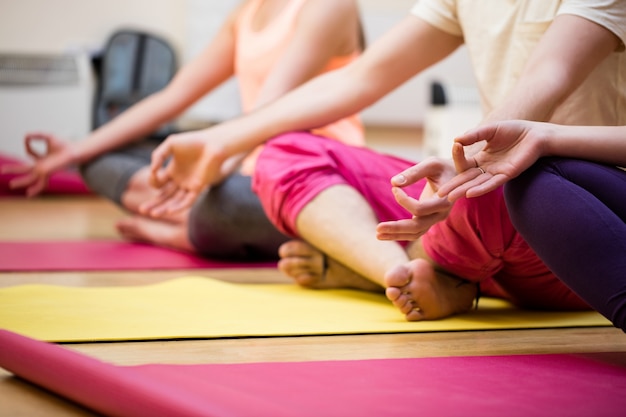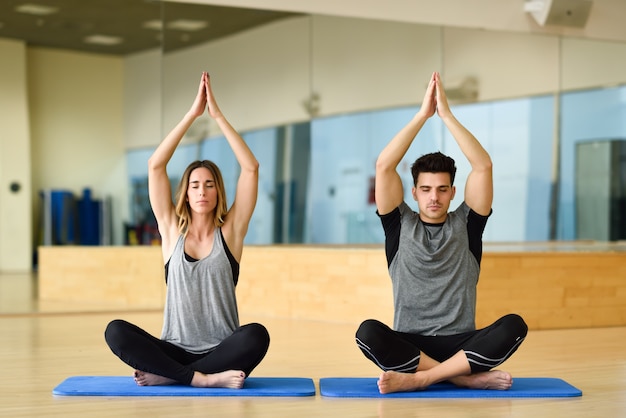Arthritis is painful, and it does not have a completely clear cure, so doing some things may help alleviate the symptoms of the disease, such as practicing yoga.

NEW YORK (Reuters Health) - Yoga can reduce the symptoms of arthritis, especially osteoarthritis and rheumatoid arthritis, according to a new study published in the Journal of Rheumatology.
The researchers said that yoga is a training of mind and body. It includes a combination of breathing control and stretching exercises as well as meditation or relaxation.
Yoga has been associated with a variety of benefits such as relieving tension and anxiety and improving the quality of life for breast cancer patients. Previous studies have found that yoga is an integrative treatment for a number of different health conditions.
Although there is no cure for arthritis, exercise is one of the most effective ways to relieve symptoms. The CDC recommends people with arthritis to participate in high intensity aerobic activity for 75 minutes At least weekly, or 150 minutes of moderate-intensity sports.

About 90% of people with arthritis do not follow these tips because they feel pain or not sure that the sport suits their health and what sport is best for them. "Yoga is the most appropriate sport for arthritis patients," said lead author Susan J. Bartlett. "It combines physical activity with the ability to manage stress and relaxation techniques."
In order to understand the impact of yoga on arthritis, the researchers targeted 75 adults, aged 18 years and older, who suffered from osteoporosis or rheumatoid arthritis, and were divided into groups:
*The first group asked them to take a 60-minute yoga course twice a week for a period of 8 weeks, along with exercising one day a week at home.
*The second group did not practice any of these activities.
After nine months of follow-up and testing, the researchers found that participants in the first group indicated an improvement in symptoms of mood, mood and energy by up to 20%, and various tests revealed that this group improved their performance by 20%, and were more able to do Everyday matters.
No comments:
Post a Comment